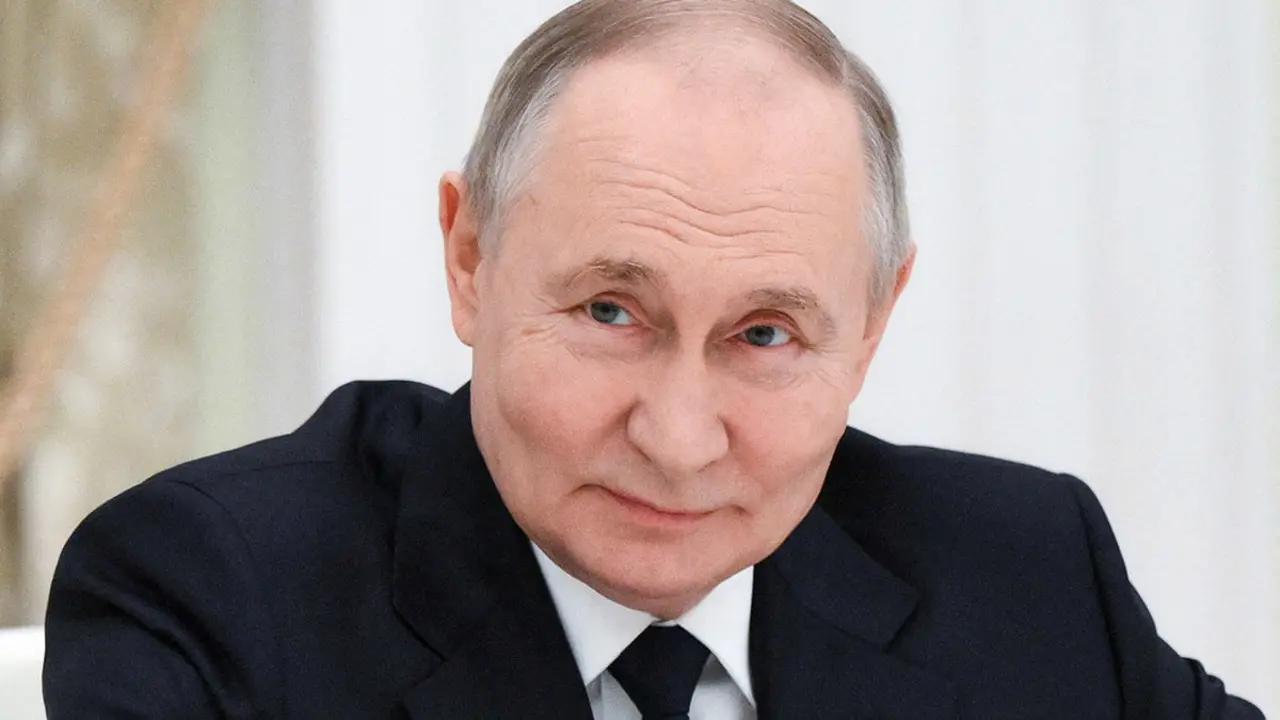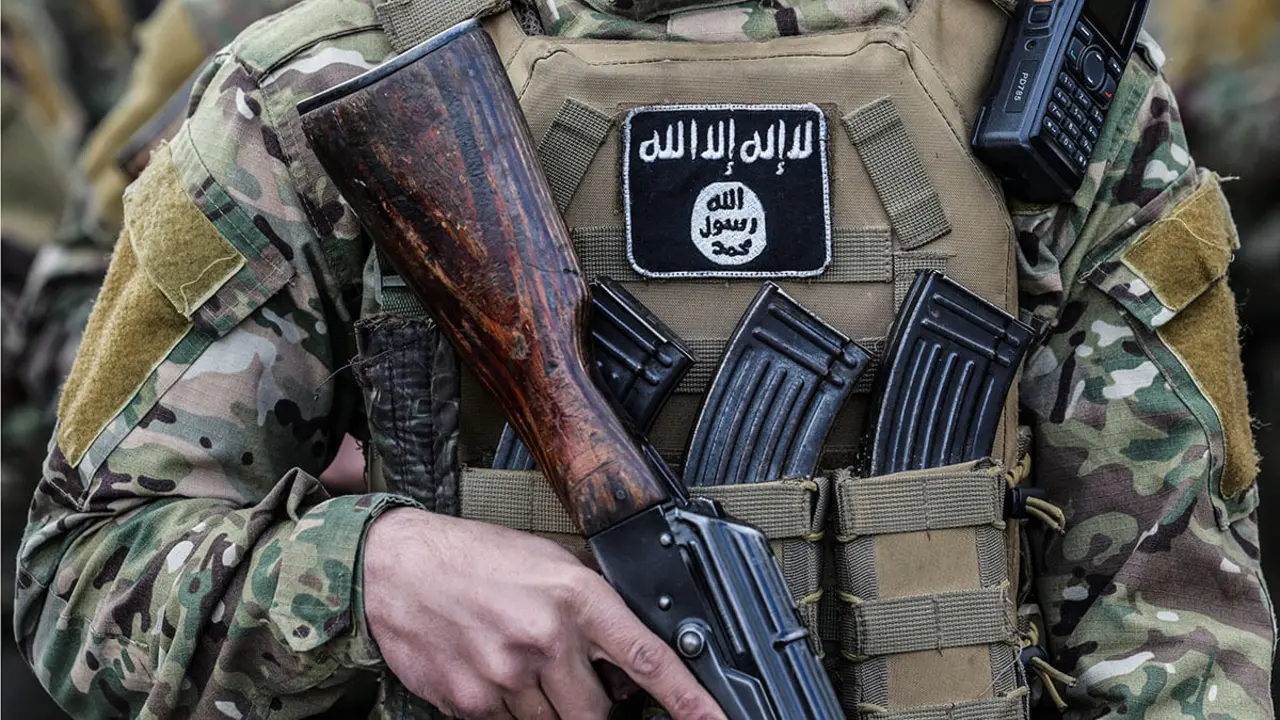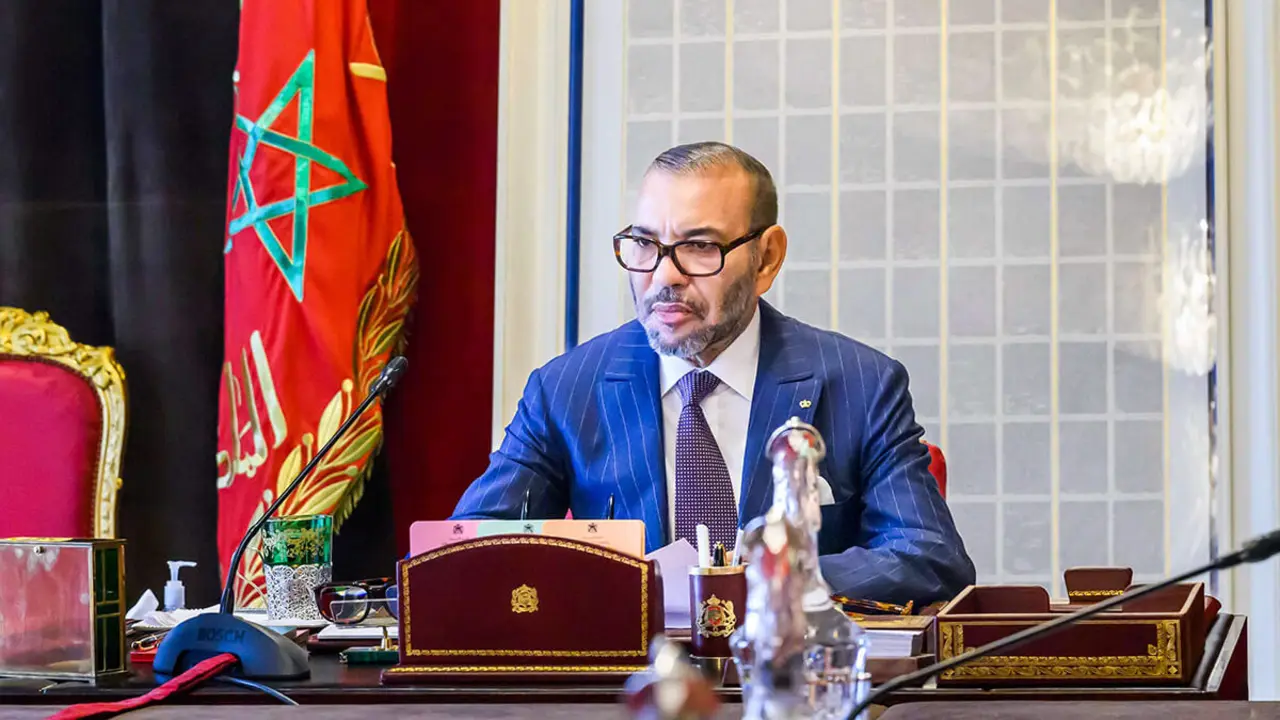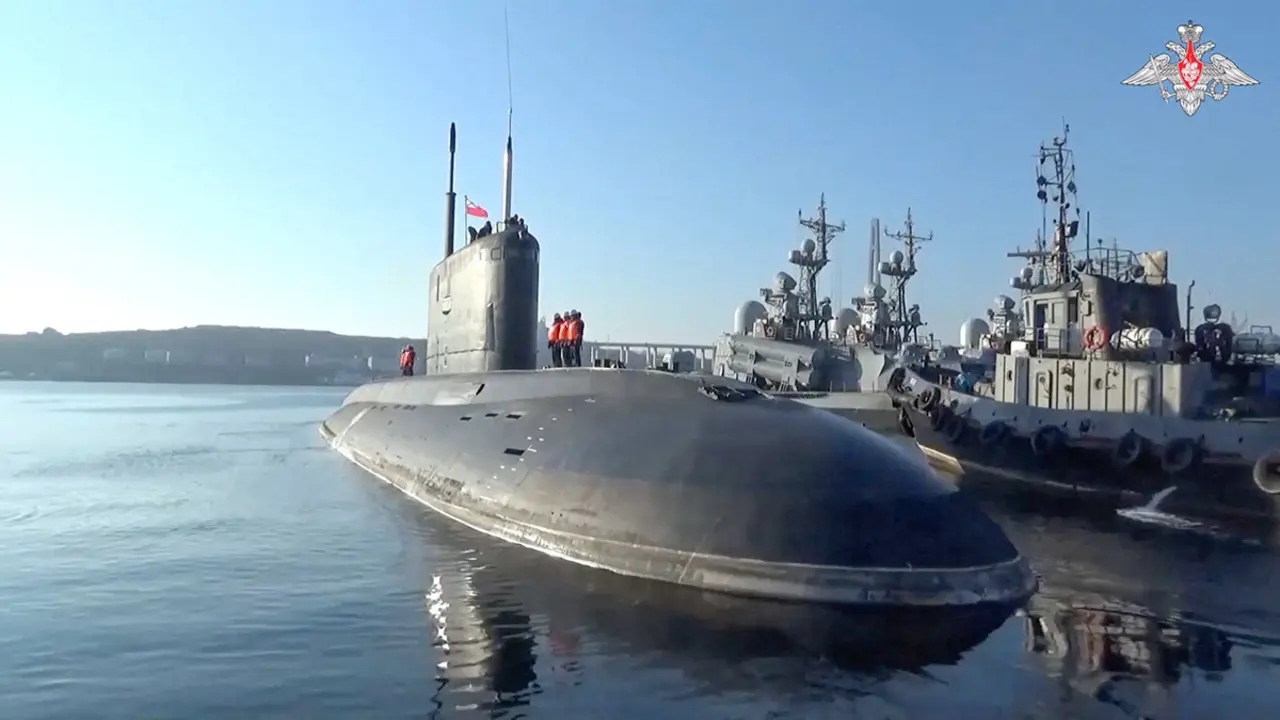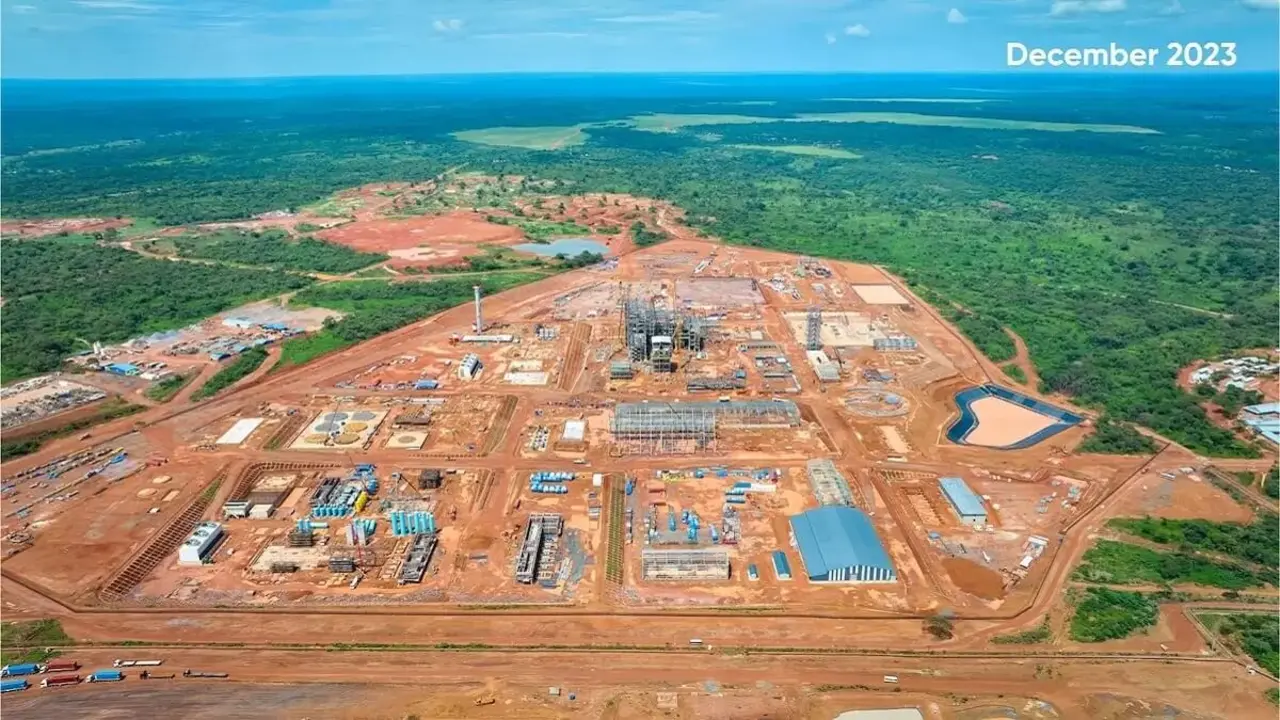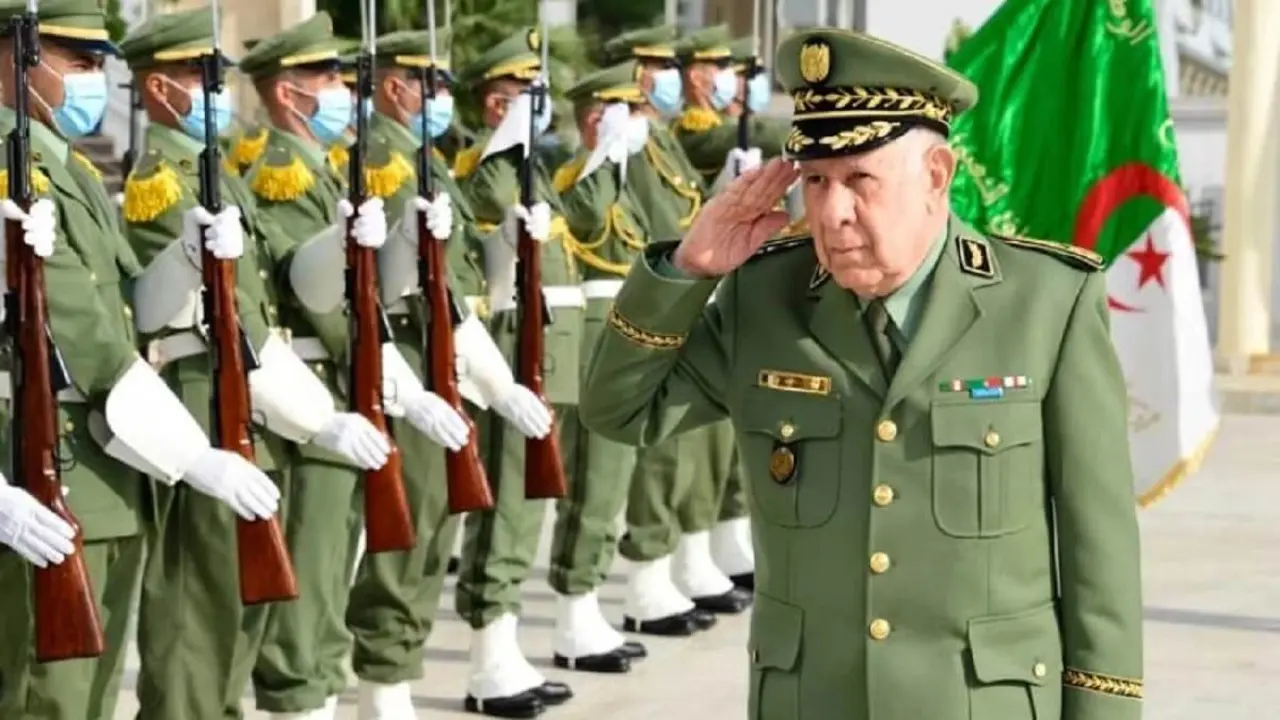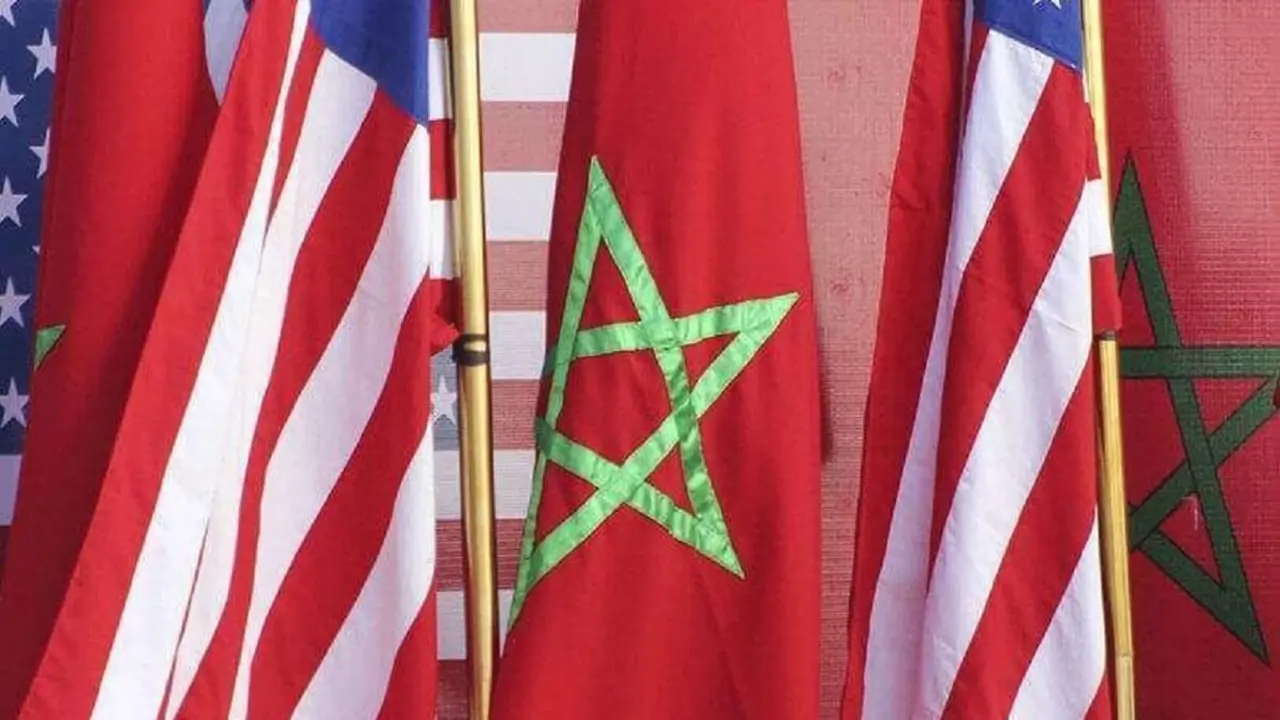Violence in Northern Ireland threatens peace after 23 years
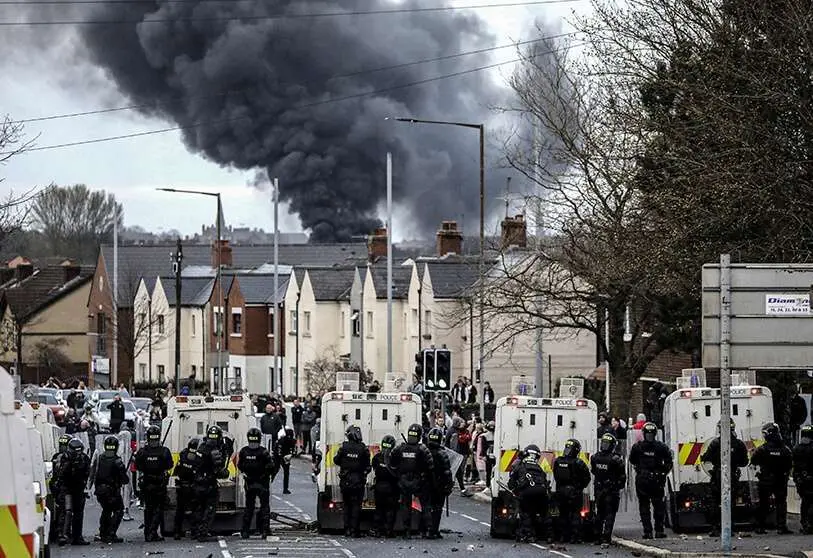
The Unionist community feels betrayed by the Johnson government and this has been demonstrated in a new wave of protests that have taken control of the Irish streets after nightfall. These protests are a direct consequence of the new border policies stoked by Brexit, characterised by new customs controls in the Irish Sea.
The keynote that has sparked this conflict is the establishment of greater controls on animal products destined for Northern Ireland from the rest of the UK. In line with the peace agreements, signed in 1998, the border between the two Irelands should be invisible. However, following Brexit, controls have been introduced at the ports of Belfast and Larme to ensure that they approve what enters the island.
For Ulster Unionists these controls mean customs in the Irish Sea between the island of Ireland and Britain. There are as yet no clear indications that the protests are being organised by any particular group but the violence has been concentrated in areas where criminal gangs linked to loyalist paramilitaries have a strong influence. Even so, there is growing evidence that senior figures in organisations such as the Ulster Defence Association are behind the unrest.
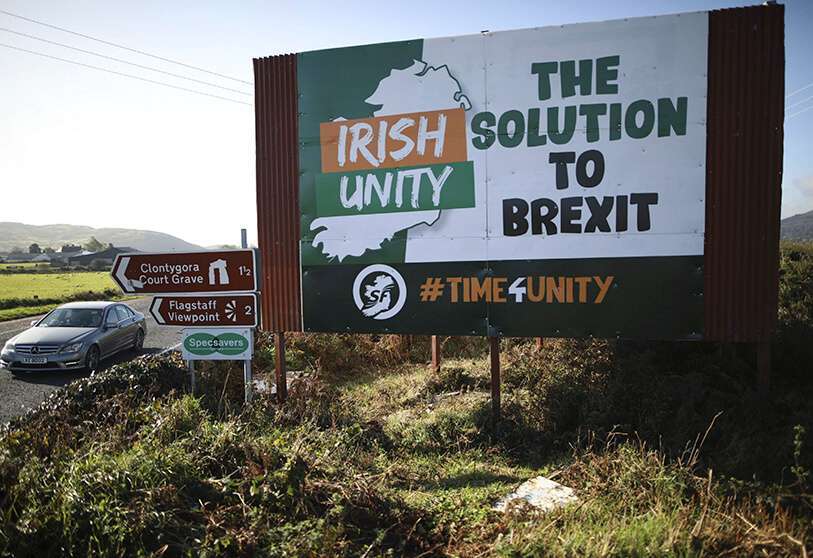
In this context, the European Commission has announced that it plans to activate Article 16 of Ireland's Brexit protocol to prevent the flight of vaccines to the UK. In the end, Brussels ended up taking a step back, but the climate of tension had already grown stronger.
British Prime Minister Boris Johnson tweeted that the commitment to the people of Northern Ireland is "unwavering" and that "recent moves by the EU have undermined the Protocol and raised concerns. Urgent EU action is needed to resolve outstanding issues with the implementation of the Protocol to preserve the benefits of the Good Friday Agreement and ensure that Northern Ireland benefits from Brexit like every other part of our UK".
The Northern Ireland Government has decided to temporarily suspend physical checks on animal products in the face of a proliferation of threats from Unionist paramilitary groups. Unionist paramilitary groups have been threatening to spray-paint roadside checkpoint staff as "future targets" and local people have reported seeing them targeting the number plates of several workers' cars.
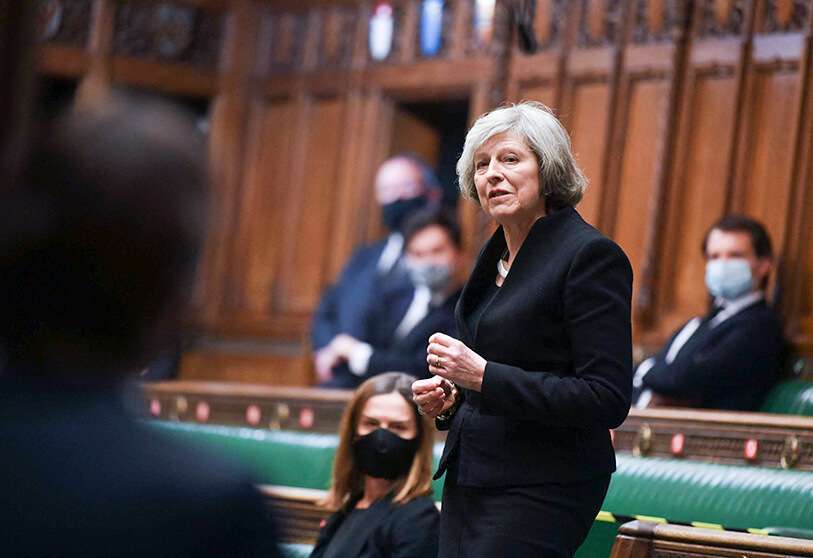
The European Commission's spokesman in Brussels, Eric Mamer, has denounced that "the threat of violence is simply unacceptable". These events have led to the temporary suspension of the employment of EU officials working at port controls in Northern Ireland.
These events have revived ghosts of the past in which clashes between Protestants and Catholics in Northern Ireland escalated into heated political confrontations that culminated in a series of attacks by the Irish Republican Army (IRA) and Unionist paramilitary groups in the region. After several events, the two sides managed to reach an agreement following the signing of peace accords that ended decades of violence between the "loyalists" and the Catholic nationalists, who seek the union of Ireland and Northern Ireland into one country.
The peace accords were signed by former British and Irish ministers Tony Blair and Bertie Ahern, as well as eight other political parties. Among the commitments made in the agreement were the creation of the invisible border that would eliminate security and customs checks at the border, as well as the elimination of armed groups. The current implementation of Brexit has led to a new customs control, thus violating one of the main measures of the agreements.
In this regard, loyalist groups have announced the withdrawal of their support for the Belfast Peace Agreement. This was communicated by the chairman of the Loyalist Communities Council, David Campbell, to Prime Minister Boris Johnson in a letter dated 3 March. In this way, the Protestant Unionists, who have always wanted Northern Ireland to remain part of the United Kingdom, are withdrawing from the Good Friday Agreement or Belfast Agreement.
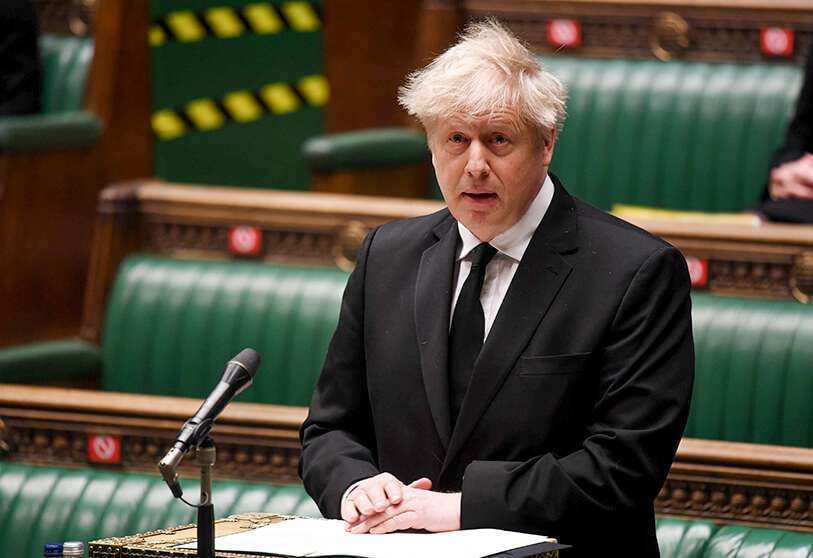
This has led to mistrust between the two communities and has provoked new episodes of violence that have jeopardised the spirit of peace achieved after the signing of the pacts.
This has led to an escalation of tension in the UK, as maintaining the Belfast Agreement is not only important for the country, but also for its international relations, especially with the United States. The current US president, Joe Biden, warned during his presidential campaign that if the 1998 Belfast Agreement was broken in the midst of Brexit, the US would not have an independent trade agreement with the British.

